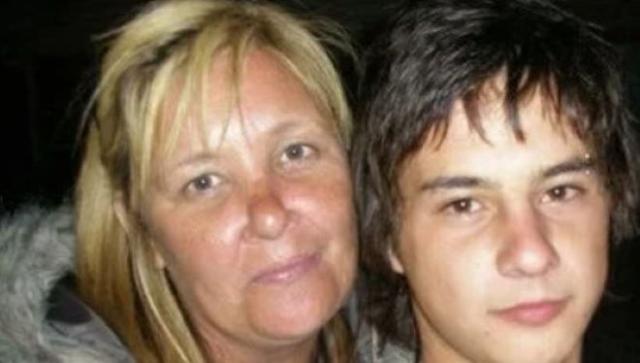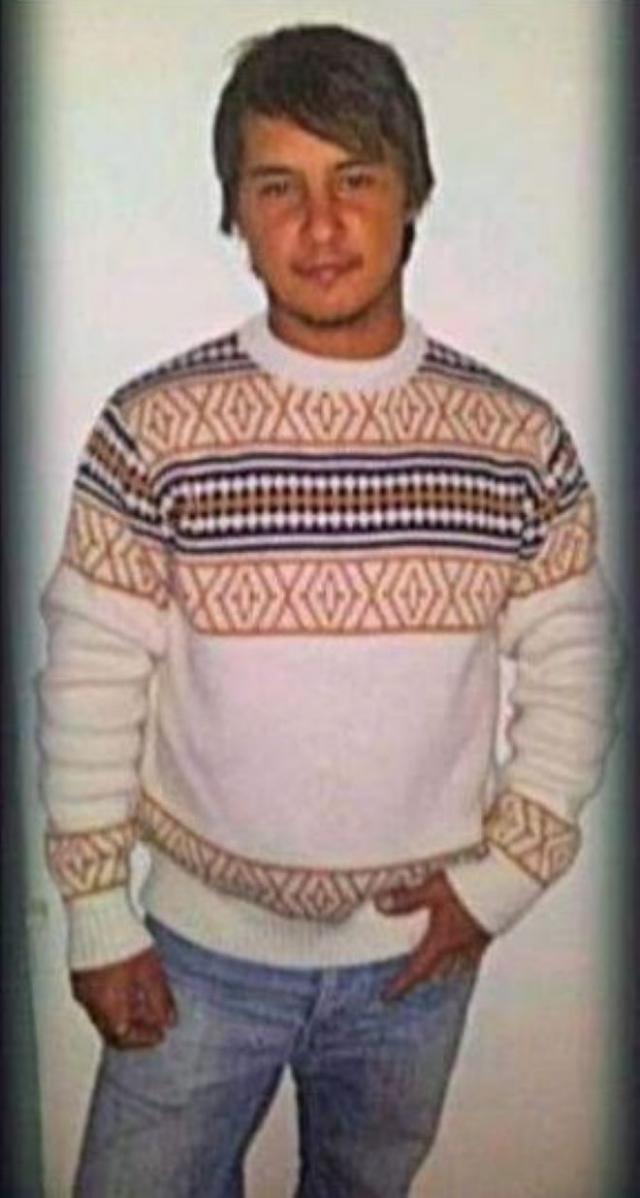The family of a Norlane man who overdosed early this year is calling for a Medically Supervised Injecting Room to be made available in Geelong. Debbie Brady and her daughter Ebony Siemienowicz speak with Jena Carr about their aim for other families not to go through the loss of a loved one.
Jye Vessey grew up in a normal family, loved sports and fishing, worked as a bricklayer, and was the father of an 11-year-old boy.
The 34-year-old Norlane man had his whole life ahead of him, but a drug addiction coupled with the mental health diagnosis of Schizophrenia changed his and his family’s lives forever.
Jye’s mother, Debbie Brady, is now calling for a safe injecting room in Geelong after her son overdosed at the Corio Community Health Centre while accessing the needle and syringe program.
Ms Brady said Jye was found dead in the centre’s toilets on April 28 after a long battle with drug addiction.
“He was a wonderful young man and grew up pretty normal like every other kid,” she said.
“In his mid 20s, he started getting unwell. The episodes increased and when his dad passed away, the grief along with some money he got made him very unwell.”
Ms Brady started a petition in September, which would be presented to state member for Corio Richard Marles, that called for a Medically Supervised Injecting Room (MSIR) in Geelong.
She said the petition was about saving lives and providing people with a safe space to use drugs that were away from the community eye.
“If it’s in a safe medical area, it’s not exposed to our community and the children don’t need to be faced with it,” she said.
“People self-medicate if they’re not treated, and sometimes some can’t talk to their family. It’s not easy to access help, and I think the hard part is accessing the help.
“A safe injecting room tunnels these people into the services they need, and it’s not just good for them, but it’s good for the community in saving our resources.
“It is not just about the drug addict either. It is about keeping it away from the community, so children are not walking in a park and catching someone doing it.
“As a community, everyday people are faced with these problems and they shouldn’t have to be so, yes an injecting room is not the answer, but it’s a step forward.”
An MSIR opened in North Richmond in 2018 and is an ongoing service that has safely managed more than 7000 overdoses, according to the Alcohol and Drug Foundation.
Data from the foundation also showed that more than one person died a month from a heroin overdose in the City of Melbourne between 2020-22, the highest number of deaths among the state’s local government areas.
Ms Brady’s daughter Ebony Siemienowicz said her brother was “one in a very large statistic” and that an MSIR would prevent other families from going through what they went through.
“It’s about everybody else that is still living and trying to prevent another death,” she said.
“I feel like there’s a lot of people saying that we’re not at the point where we need that, but at what point do you want to get to before it’s needed?
“Why are we going to let it get to the point where it is so unmanageable to then try and put some resources in.”
Recent Crime Statistics Agency data, released on September 28, showed that drug-related criminal offences were growing in the Greater Geelong area, an 18.8 per cent increase from last year.
Ms Siemienowicz said there was a stigma around people who used drugs and that addiction and mental health should be treated the same as any medical issue.
“We didn’t really talk about Jye’s problems a lot before he passed and even when he did pass it was very hard,” she said.
“We’ve spoken to a few people, and some lie about how their children die because of the stigma and the backlash of losing a child.
“Losing your child and then having to lie about why your child died, is disgusting. If someone lost a child, you grieve and feel empathy for that person, regardless of how that happened.”
Ms Brady also wrote a letter to two Western Health Footscray Hospital doctors who treated Jye, which was read during an International Overdose Awareness Day (August 31) meeting.
“They were beautiful to Jye and really helped him. Every time he looked like he was going sidewards, they’d have him in the detox next door for the seven-day stop, and they were brilliant,” she said.
“One day, I was thinking about it, and I felt the need to write a letter to them to thank them for the care they gave Jye.
“It was written on a notepad that probably had spelling mistakes, and it was just a heartfelt letter from Jye’s mum to two people who had taken good care of her son.
“International Overdose Awareness Day was coming up, which I wasn’t even aware there was one, and they asked if they could read out the letter in one of their big meetings.
“They said that as soon as they started reading the letter, everybody in the room stopped and the person reading it got emotional.”
Barwon Health’s Mental Health, Drugs and Alcohol Services clinical director, Professor Steve Moylan, said the Geelong health care provider was open to learning from North Richmond’s MSIR outcomes.
“Barwon Health is supportive of any evidence-based measures that could further reduce the harms from drug and alcohol use,” he said.
“The needle syringe and naloxone (a drug that can temporarily reverse an opioid overdose) program with drug and alcohol counselling are all aimed at helping people in our community minimise any harm they could experience from substance use.”
Jye’s family urged anyone who would like to show their support for a Medically Supervised Injecting Room in Geelong to sign the change.org petition at chng.it/rkw2wRmDgy which has already received more than 1600 signatures.
Help is available with crisis support service Lifeline on 13 11 14, through alcohol and drug counselling service DirectLine on 1800 888 236 or visit barwonhealth.org.au/mhdas for more 24/7 support providers.










